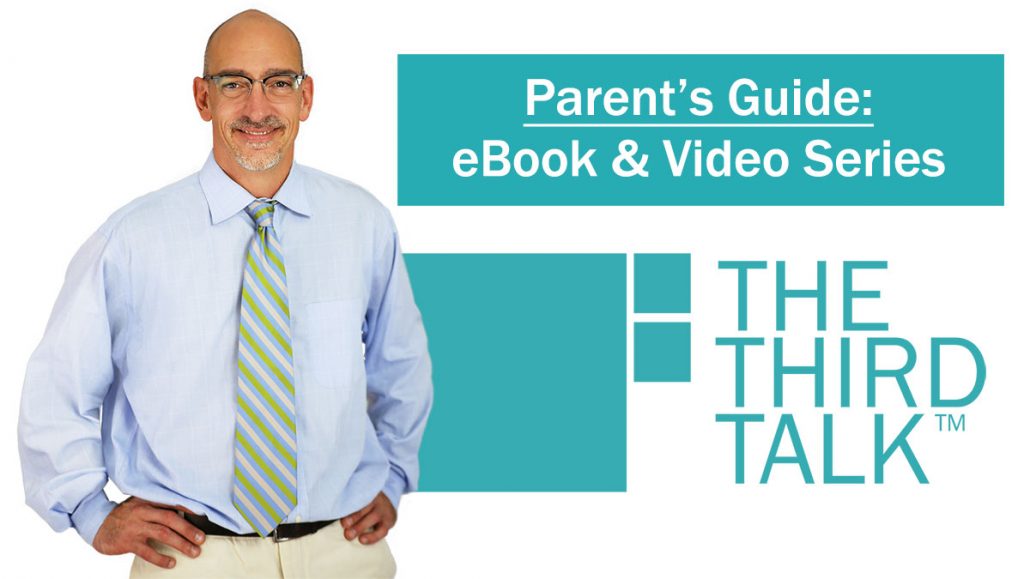
Subject matter experts The Third Talk Inc. today announced the release of their Parent’s Guide, a first-of-its-kind program to provide parents the language necessary to have a pornography prevention conversation with their children. Designed for parents, grandparents, caregivers, and guardians, this seven-part video series offers adults the words to use to initiate the conversation, and the multiple health and safety reasons young people shouldn’t see adult content. This video series is available at www.thethirdtalk.org and arrives just in time for back-to-school discussions each parent must now have with their young students.
“This material can be debilitating for young people,” said John Van Arnam Founder of The Third Talk™. “This content affects a young person’s physical brain, emotional health and their ability to thoughtfully engage in real life with others through adolescence and even adulthood.” Working in collaboration with the State of North Carolina DPI and SBI, revealed additional challenges of childhood exposure to explicit adult content. “As more adults and students have been online in the last few years, we have seen a dramatic increase in the Cyber Tips we receive from the National Center for Missing and Exploited Children; in fact, recently, those tips have more than doubled,” said Special Agent in Charge Kevin Roughton of the NC SBI. Roughton is also the Commander of The Internet Crimes Against Children Task Force in North Carolina.
“It is an honor to work with the State of North Carolina” stated Van Arnam. “North Carolina is leading the nation in its acknowledgement and awareness of this type of exposure.” The Third Talk™ is a prevention platform. There is no homework, workbooks or software required. This is not a specific ideology or belief system, and this is not ‘sex-ed.’ We are non-partisan, fully inclusive and believe that every child needs this information delivered to them by a trusted adult.
“Sometimes we have to do things that are difficult or scary or uncomfortable as a parent” offered Van Arnam, “but if you think this is a scary discussion for parents to have, imagine being an 11 or 12-year-old boy or girl, and stumbling upon explicit adult material online without having heard from your parent, guardian, or teacher in advance. Whose ‘fear’ is more important here?”